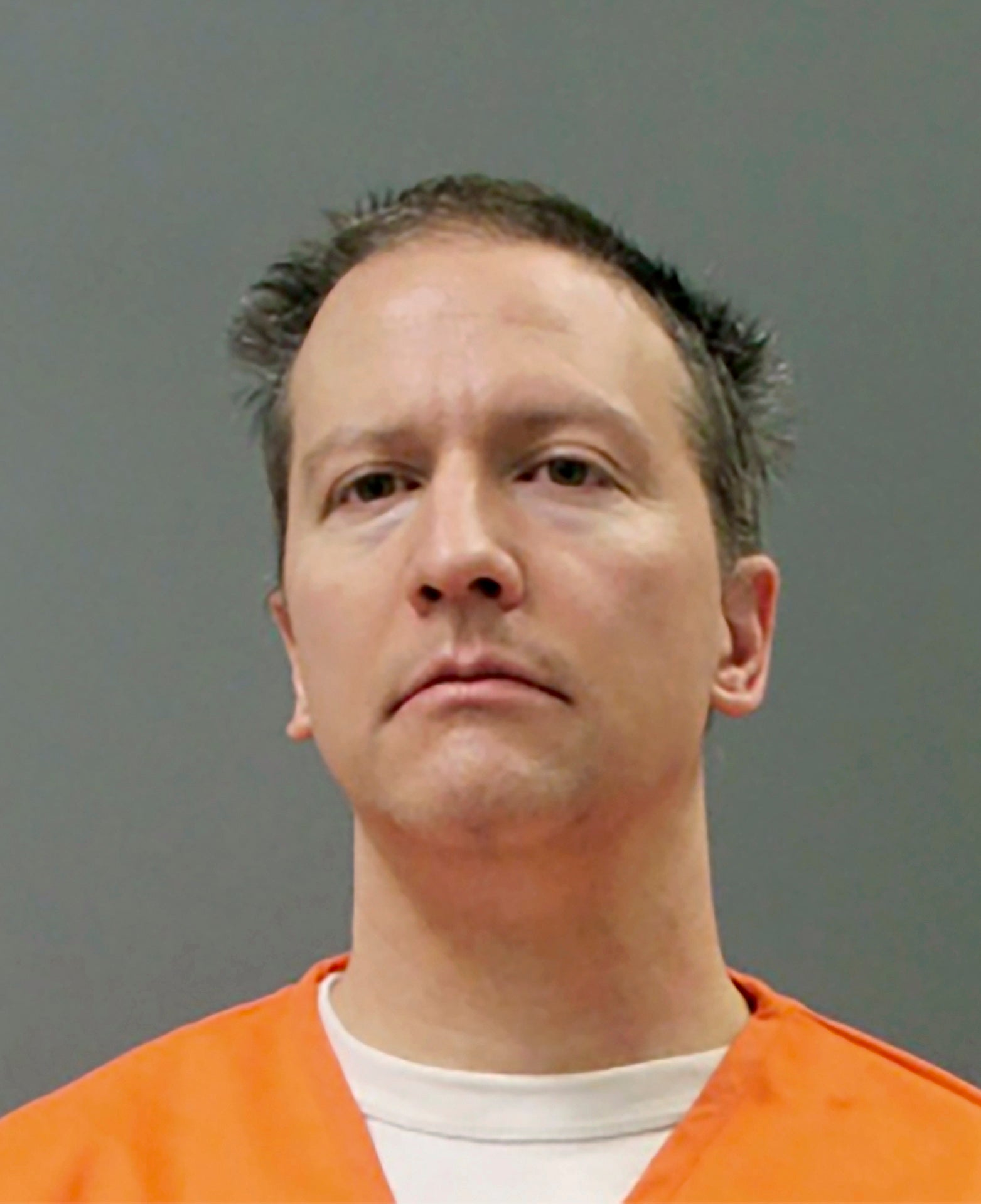The Chauvin verdict matters – but how we reckon with it matters more
It is worth bearing in mind that the system which made this trial necessary is still in dire need of reform, writes Clémence Michallon


On Tuesday 20 April, the jury in charge of determining whether Derek Chauvin was guilty of the death of George Floyd announced it had reached a decision. The 90-minute wait between that announcement and the reading of the verdict was taxing, not just for those waiting on tenterhooks in the newsroom but for Americans throughout the country. Finally, Judge Peter Cahill read the verdict out loud: Chauvin has been found guilty on all three counts: second-degree unintentional murder, third-degree murder, and second-degree manslaughter.
The relief was as real as the remaining despair. There is no righting the wrong at the centre of this trial: George Floyd is dead, and he’s not coming back. A guilty verdict was the only correct outcome, but it will be cold comfort to many. As we welcome the verdict, it is worth bearing in mind that the system which made this trial necessary is still in dire need of reform. As Michael Crawford wrote in a piece for The Independent’s Voices section in the direct aftermath of the verdict being announced: “The conviction of Chauvin won’t bring George Floyd back. It won’t prevent white officers from killing more Black people, either. But it is an opportunity for us to finally say ‘Black Lives Matter’ and believe it, and hopefully the beginning of work to transform public safety in ways that truly serve all people in all communities.”
In February 2020, I reported from a New York courtroom on Harvey Weinstein’s criminal trial, which ultimately saw him convicted of third-degree rape and a criminal sex act. The charges and the details were, of course, very different. But in both cases, the verdict became part of a national – indeed, an international – conversation. Activists echoed similar sentiments in the wake of Weinstein’s conviction: systemic problems clearly remain, and systemic changes are still needed to address them.
Chauvin has been convicted, but this is far from the end of the Black Lives Matter movement. As Michael Arceneaux wrote in another Voices piece: “If you are against police brutality and systemic racism in law enforcement, you will have to stay on the streets. You will have to keep applying pressure to politicians and powerful entities like police unions. You will have to get confrontational. You have to do all of this because Black people are still being killed by police officers nationwide.” Indeed, 16-year-old Ma’Khia Bryant was shot dead by a police officer in a shocking confrontation in Columbus, Ohio, on the same night Chauvin was convicted of the murder of Floyd.
Verdicts matter. But how we reckon with them matters even more.
Yours,
Clémence Michallon
US culture writer



Join our commenting forum
Join thought-provoking conversations, follow other Independent readers and see their replies
Comments